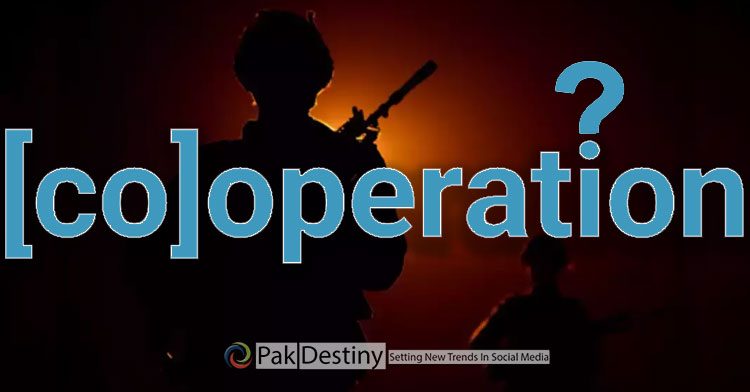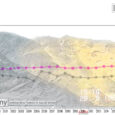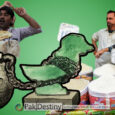
By Ismaeel Qasim
Pakistan has had a long history when it comes to battling militancy and suffering from terrorism.
The unwavering strength of the people, coupled with armed efforts, has pushed back the aggressors on more than one occasion but the question remains, were the efforts enough? Was the danger still not looming on the heads when talks about peace and settlement started to emerge? Did we not miscalculate? Sure seems like the case because there happens to be a great spike in terror attacks in the country in recent months.
When you see latest reports, specifically after August of 2021, there has been at least 50 percent rise in attacks by the militant groups as quoted by the Voice of America. Some 376 reported attacks by the TTP [Tehreek e Taliban Pakistan] & other extremist elements reportedly claimed over 1000 lives, including more than 300 security forces in 2022 alone that shockingly happens to be the second highest increase in terrorism-related deaths across the world.
The figures are alarming and even worse than the neighboring Afghanistan, that since 2017 happened to record the most terror attacks and deaths in South Asia every year, as stated in the annual Global Terrorism Index (GTI) by Institute for Economics & Peace (Australia). Taliban led Afghanistan has ensured that there is a drop in the annual percentage of terrorism related deaths (20 percent to 9 percent ) but it is still a menace that is far from over.
Islamabad’s perspective remains the same that it is the spill-over militancy that is haunting them and that the Kabul takeover by the Afghan Taliban has provided more space to TTP and other non-state actors. As cited in an Inter-Services Public Relations (ISPR) statement, reported by Dawn,
General Asim Munir, Chief of Army Staff (COAS) was found quoting that the involvement of Afghan nationals in terrorist attacks in Pakistan is detrimental to regional peace, stability and deviation from the Doha Peace Agreement by the interim Afghan government.
Afghan Taliban led Afghanistan has not held back, denied and thrown back accusations at Pakistan. They have gone so far that in an interview, spokesman Zabiullah Mujahid bluntly stated that the Taliban’s were under no obligation to protect Pakistan’s interest. Though, Doha peace agreement signed between Afghan Taliban & US in 2020, proves otherwise. One thing is sure, the efforts need to be unanimous and blame game on part of both will not help settle the demon of extremism, that is once again gaining strength and raising its head.
Apart from foreign policy front, Pakistan needs to take effective measures internally too. As the country dives into a period of political transition, albeit topsy-turvy, it leaves an opening which the non-state actors can exploit. Security agencies should ensure that they stay focused on counterterrorism measures through this critical period and even after that. Militancy hit parts of KP and Baluchistan will beg the same. A series of deadly attacks has left the respective provinces deeply wounded and the resultant agitation is heartfelt.
To conclude, it will be an understatement to say that the fragile democracy of this Nuclear power seems to be in trouble and requires attention at the earliest. A country of over 240 million, in a sorry state of affairs, with all the political turmoil, and economic challenges cannot afford concurring assaults from the insurgents who have only become more emboldened every passing day. The nation is looking for answers and be it operations or cooperation, decisive policy is needed at the earliest. One thing is sure that there will be no safe havens provided or breathing space given to any militant, facilitator or their sympathizers!
About Ismaeel Qasim
The writer is an MPhil scholar, Political Analyst and Content Editor at PakDestiny. He tweets @IsmaeelQasim






